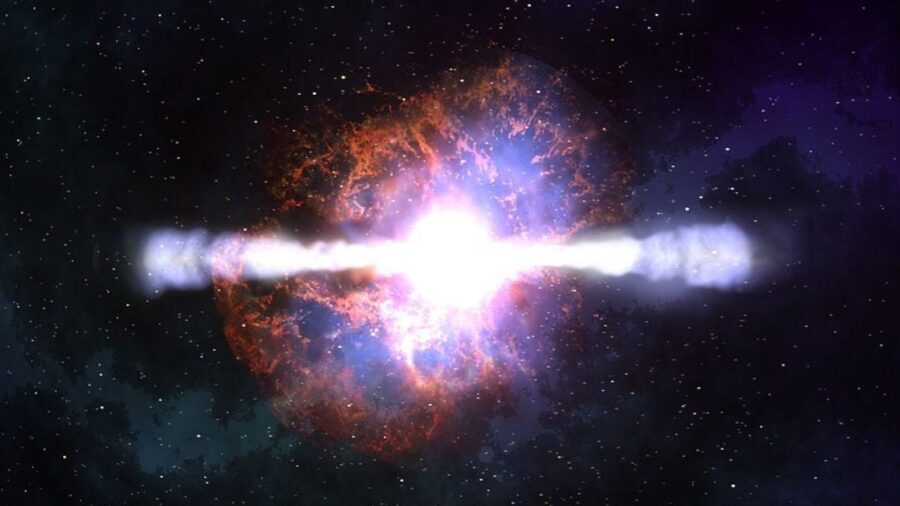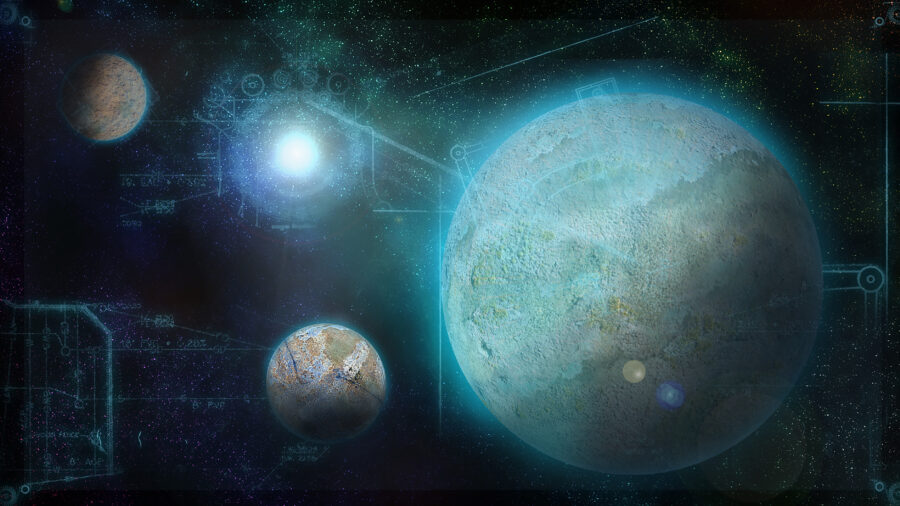Scientists Say That Planets Actually Scream When They Are Ripped Apart
Planets often explode out of nowhere, at least that is what happens a star goes supernova. Now it is being theorized this event leads to planets screaming when it happens.
This article is more than 2 years old

Science can be a wonderful thing, but it can also be a terrible thing, in that it reveals the true nature of the world. Some scientific pursuits reveal darker truths than what the public wants to know about. Even with occurrences that happen in nature, which are out of our control, it still sounds like a terrible thing to have to be told about or witnessed in some form. That is the case when it comes to what scientists have recently theorized about planets. Apparently, when a planet is being ripped apart, it screams. Try not to think about that for a few nights.
An astronomer by the name of Yong-Feng Huang at the Nanjing University recently revealed in an interview, that he and a colleague discovered that the planets “screaming” when being torn apart is likely associated with fast radio bursts that are picked up by instrumentation. These FRBs are millisecond-long bursts of radio waves that can be picked up from deep in the cosmos. There is little known about these FRBs, but this theory that planets are emitting noises when they go through a ripping apart even would make sense as to the volume of FRBs that have been measured as of late. The FRB had not even been discovered since the first occurrence was recorded back in 2007.
Scientists have long been trying to figure out why these FRBs are stacking on of one another, and what could possibly be making them from deep space, but this theory that planets emit a noise when being ripped apart helps to support the increase in FRB occurrences. Apparently, when planets orbit highly volatile dying neutron stars, the planet then becomes ripped apart itself. This noise emission from the planets could be due to the chunks of the planet being ripped apart due to the dying star initially taking the planet with it.

The astronomers’ study has compared their findings to two separate events that have taken place in the past. One is a sound emitted from deep space every 16 days. This sound has been linked to some far-off civilization in another galaxy. While it would be amazing that some other form of life is trying to talk to us, it could also mean equipment is just picking up the sound of a planet being ripped apart, which has seemingly made its way all the way to our instrumentation. Another event took place in 2016, which shows an FRB repeating itself every 160 days. These sounds happening at exact intervals does sound odd, but it could point more to the obvious answer that a dying star has once again ripped apart another planet in its wake.
There are always differing theories that are brought up when speaking about science, and that is what science is all about. Where once scientists thought this every 16-day sound could be some sort of communication, it might also just be planets dying. We’re not sure which of these theories is more frightening. Either there are aliens attempting to speak to us, or planets are dying at an alarming rate. The latter would make more sense considering the universe is ever-expanding.












